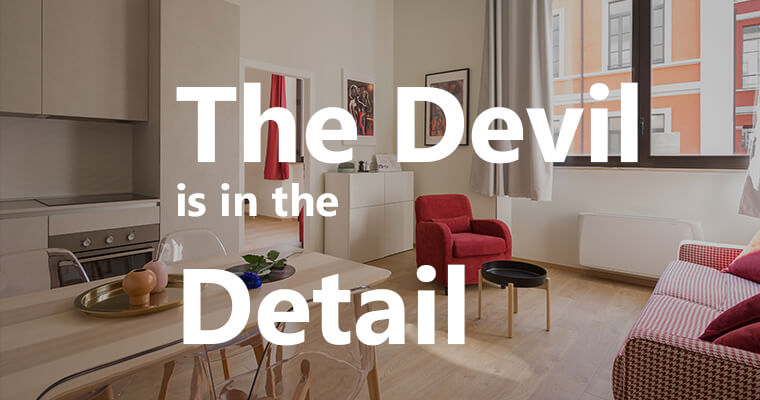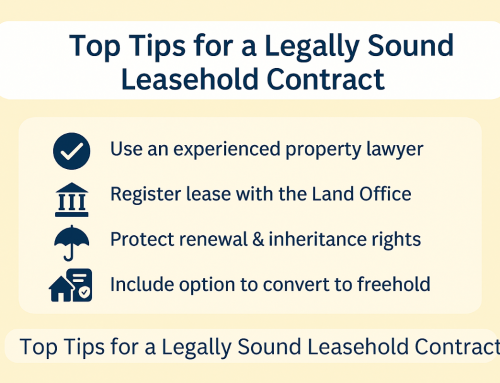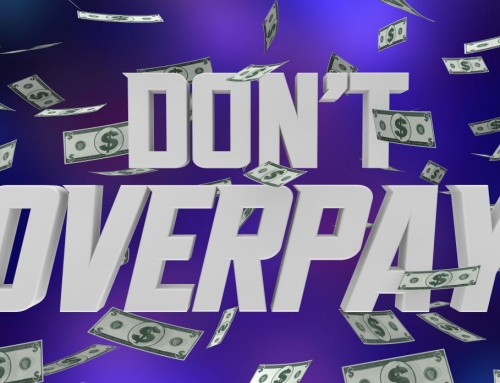For many buyers in Phuket, investing in a home or condo isn’t just about lifestyle — it’s about potential rental income too. Whether you’re purchasing a villa for family holidays or a condo as a pure investment, understanding how to rent it out effectively is key to maximising returns.
This beginner’s guide walks you through the essentials of renting out your property in Phuket, especially if you’re still in the buying phase and want to choose wisely.
Choose the Right Location and Property Type
Not all areas of Phuket offer the same rental demand. Popular tourist zones like Nai Harn, Rawai, Kata, Karon, Kamala, and Bang Tao are top choices for short-term holiday rentals. In contrast, areas like Chalong or Thalang may suit long-term tenants, including expats and digital nomads.
Condos vs Villas:
-
Condos are easier to manage and often come with on-site management services.
-
Villas may offer higher nightly rates but require more hands-on management or a reliable property manager.
If you’re buying specifically with rental income in mind, always ask your agent about historical rental data, occupancy rates, and typical rental yields in the area.
Understand the Legal Landscape
Foreigners are allowed to rent out property they legally own in Thailand. For condominiums, this is straightforward if your name is on the title deed and the unit is in a development with proper licenses.
For villas, it’s essential that the legal structure (often leasehold or via a Thai company) allows for subletting. Always confirm this during the buying process.
Important: Short-term rentals (under 30 days) technically fall under hotel laws. Many owners rent via platforms like Airbnb, but it’s crucial to check whether your property is in a zone where this is tolerated and whether the building allows it.
Set Up Professional Management
If you don’t live in Phuket full-time, consider hiring a property manager. Services typically include:
-
Guest check-ins and check-outs
-
Cleaning and linen service
-
Maintenance coordination
-
Booking platform management (Airbnb, Booking.com, etc.)
These services can be outsourced for a percentage of your rental income — usually between 20–30% depending on the level of involvement.
Market Your Property Effectively
Exposure is everything. You’ll want to list your property on:
-
Airbnb
-
Booking.com
-
Agoda Homes
-
VRBO
-
Local Thai and expat rental websites
Professional photos, compelling descriptions, and positive reviews are key to attracting bookings. If you work with a property manager, they often handle all of this for you.
Plan for Taxes and Withholding
Yes, rental income in Thailand is taxable. Foreign owners need to report income and pay applicable personal income tax. You may also need to withhold a small amount of tax if using third-party booking services. A good accountant or property manager can help with this.
Tip: Keep clear records of your bookings and expenses for tax reporting. Property-related expenses (maintenance, agent fees, utility bills) may be deductible.
Consider Long-Term Rentals Too
If you prefer stable income over frequent turnovers, long-term rentals (6–12 months) may be ideal. This approach suits expats, retirees, and digital nomads, and often leads to lower wear and tear on your property.
Long-term tenants typically pay:
-
Monthly rent
-
Utility bills
-
Security deposit (usually 2 months)
Your property may spend less time vacant and require less management overall.
Plan for Wear and Tear
Phuket’s tropical climate is tough on property. High humidity, heavy rainfall, and salt air can damage everything from air conditioning systems to woodwork.
Ensure you:
-
Use durable, weather-resistant furnishings
-
Set aside an annual maintenance budget
-
Keep up regular inspections, especially if the property is vacant for long periods
Final Thoughts: Make Smart Buying Decisions Now
If your goal is rental income, the smartest time to think about it is before you buy. Choose a property in a high-demand area, with legal clarity and good potential for rental yield. The Phuket market offers great opportunities, but the difference between a low-performing rental and a high-yielding asset is often in the initial purchase decision.
Thinking About Investing in Phuket Property?
We’re here to help you find the right property — whether it’s for personal use, rental income, or both.
Explore our listings:
Get in Touch | Call Now On: +66 9484 11918






Social Contact